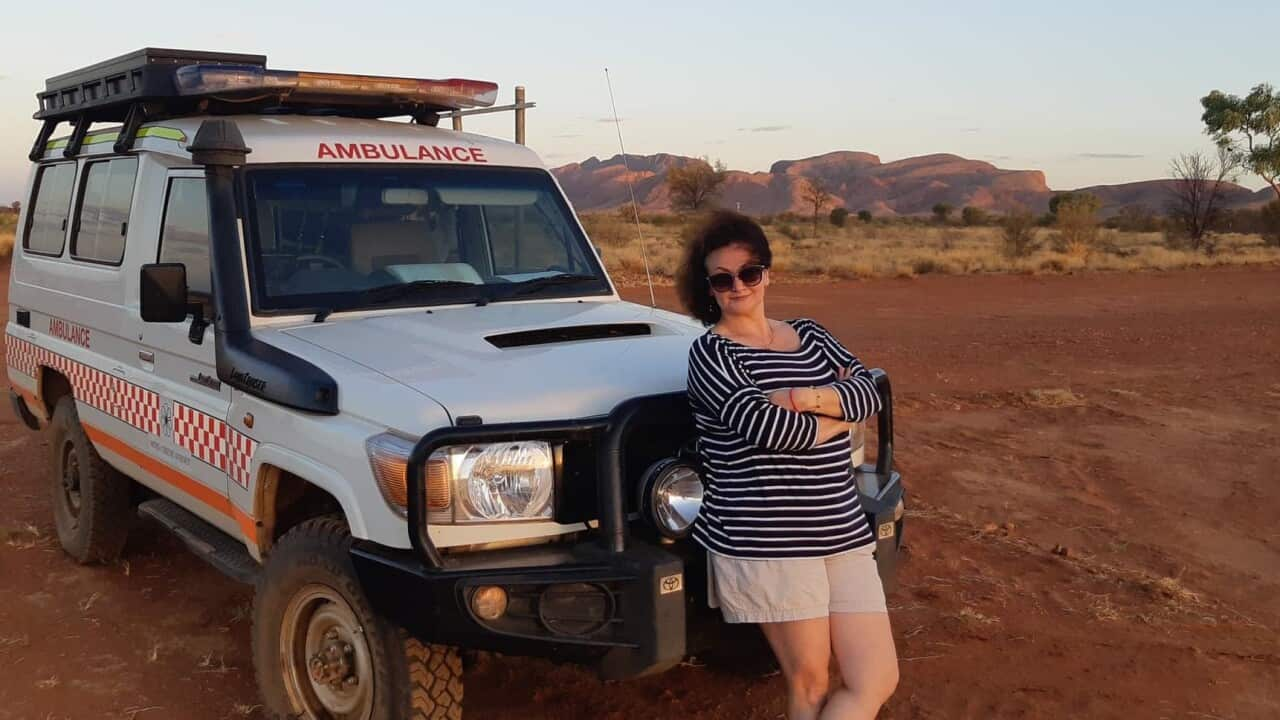Tatiana Yashchuk was 31 when she first visited Australia, as a professional dancer with her troupe 'Ball Show Charm' to perform in Brisbane with military orchestras.
“We were travelling and performing for five seasons in Queensland and everything was great,” she says. “But then I injured my spine, and that was the end of my dance career."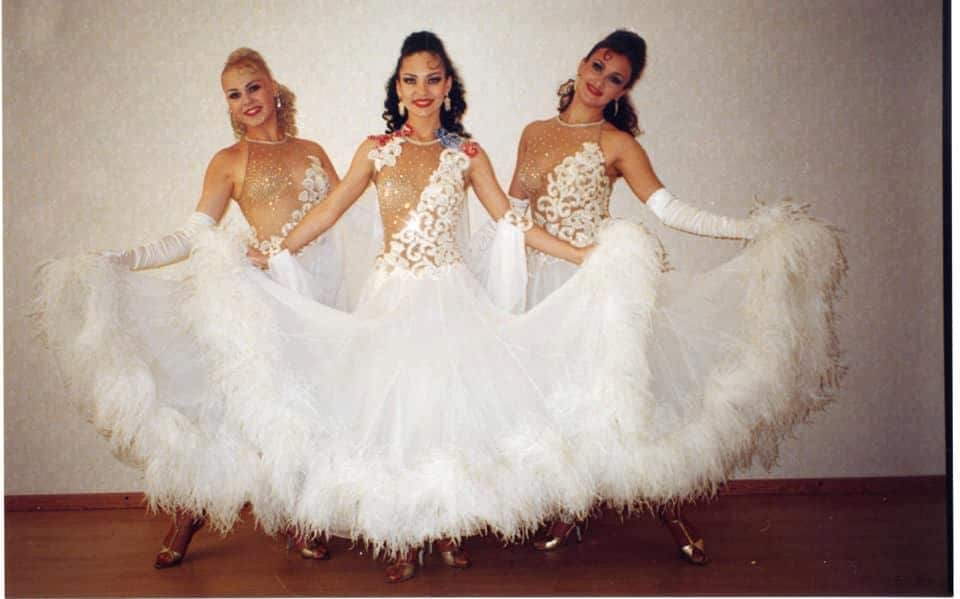 She returned to Russia and started preparing for migrating to Australia. It took her five years to gather the necessary documents and learn English to pass a language test.
She returned to Russia and started preparing for migrating to Australia. It took her five years to gather the necessary documents and learn English to pass a language test.

Source: Supplied by Tatiana Yashchuk
When she finally arrived in Australia again in 2008, she had no family or friends in the country and no clear understanding of what she would do here.
“I came here with 20 kg baggage and 8,000 dollars on my account, I was 37 and all alone, no family or friends in Australia,” says Ms Yashchuk.
Since her mother worked as a nurse and her grandmother was a midwife, she decided to follow in their steps and went to study nursing at UTS.
Armed with a nursing degree, she began working at a hospital in Sydney as an ICU nurse. After spending a few years in the job, she decided to trade the hustle and bustle of Sydney for the Australian outback's vast expanse, to work in remote Indigenous communities as a medic.
"I am currently in Wadeye, Port Keats, it’s about a 40-minute flight from Darwin towards Western Australia," says Ms Yashchuk. “I have a gypsy lifestyle, and I’m happy with it now."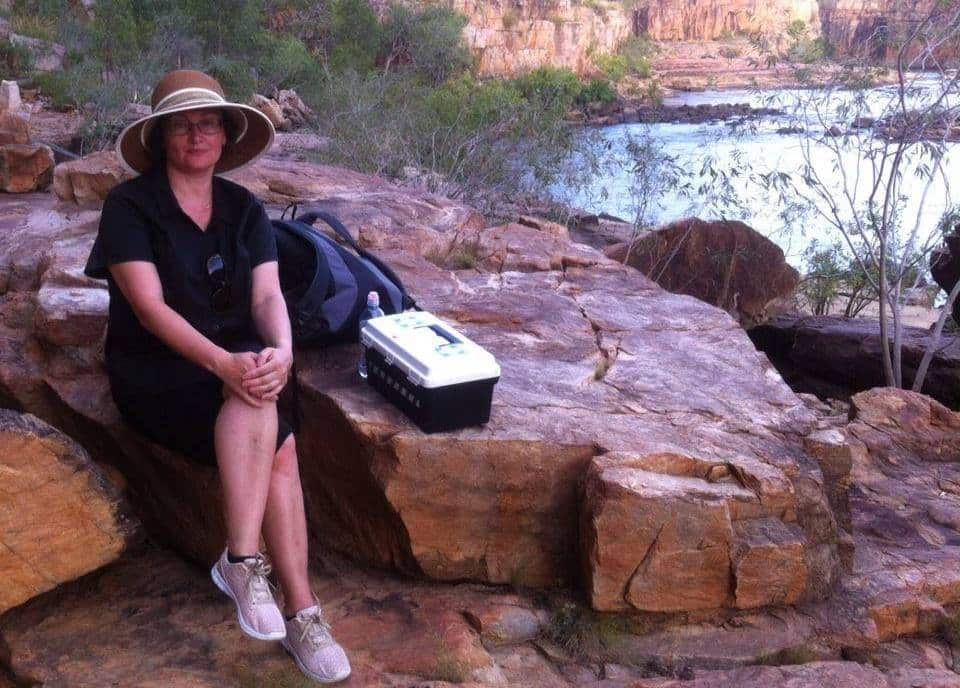 Her “gypsy life” started in Queensland’s Gulf of Carpentaria, in Kowanyama community, and for the past three years she has been travelling from place to place in the Northern Territory, sometimes working in small villages just with a manager, and sometimes staying in the larger communities. Her team currently has ten nurses and two doctors who look after a community of about 3,000 people.
Her “gypsy life” started in Queensland’s Gulf of Carpentaria, in Kowanyama community, and for the past three years she has been travelling from place to place in the Northern Territory, sometimes working in small villages just with a manager, and sometimes staying in the larger communities. Her team currently has ten nurses and two doctors who look after a community of about 3,000 people.

Source: Supplied by Tatiana Yashchuk
“Our clinic is equipped to screen for cardiovascular disease, kidney disease, diabetes, etc. We do pregnancy management, see small children. Every clinic has an emergency room. We also perform minor surgeries and treat fractures which are very common here,” she tells SBS Russian.
Thanks to her experience as an ICU nurse, she is not afraid of dealing with critical patients.
“Some cases you will remember forever. Once I worked on a small island and got a call about a very sick woman in a remote community. I was just lucky that the doctor flew with me to see her.
“She lived deep in the bush, 15 minutes by plane and then you just walk for about a kilometre or so. When we arrived with our bags full of antibiotics, saline, the oxygen, we found her unconscious and had to revive her right there on the veranda of her house. We stabilised her until flight paramedics came and airlifted her to the hospital. She had septic pneumonia,” she recalls.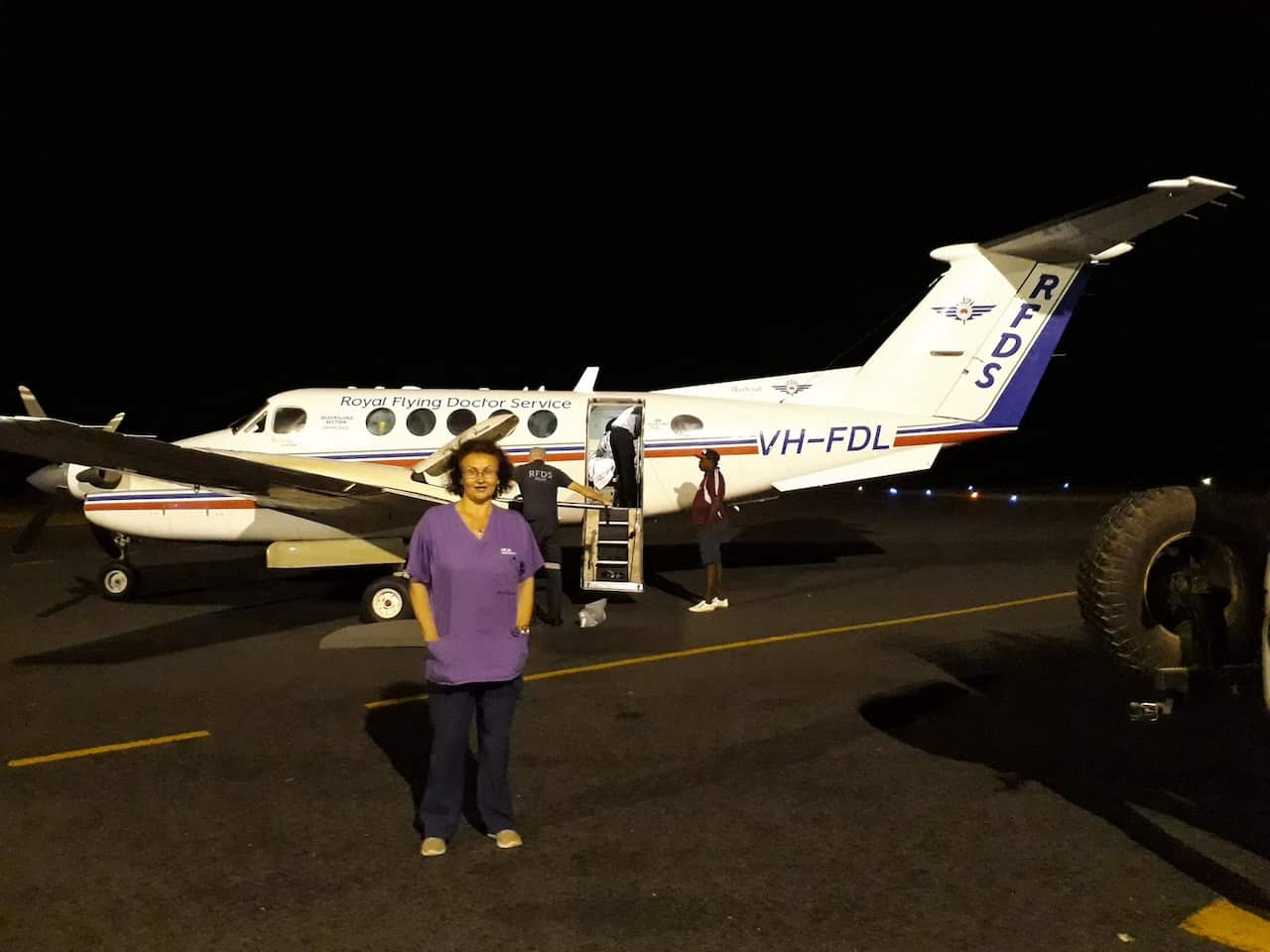 Ms Yashchuk also recalls another case when a frightened mother came running to their clinic with a nine-year-old girl. She says a snake bit the girl, but instead of telling her mum, she came home and went straight into bed.
Ms Yashchuk also recalls another case when a frightened mother came running to their clinic with a nine-year-old girl. She says a snake bit the girl, but instead of telling her mum, she came home and went straight into bed.

Source: Supplied by Tatiana Yashchuk
“That girl had a serious envenomation as she was bitten twice on the ankle by a King brown snake. Any scratch on her skin began to ooze blood because the blood coagulation was very poor."
“We fixed her so that she could lay still, because the more you move, the faster venom passes through the lymphatic system. All her relatives gathered around, they read prayers, performed some rituals,” she says.
For two hours, the medical team monitored the girl, frequently checking her blood pressure and heart rate and being ready to start resuscitation, if needed. Finally, the evacuation flight took the girl to Darwin's hospital.
“A week later, she and her mum came to our clinic again and hugged us and said 'thank you'”, MsYashchuk says with a smile. “It was a special moment for me.”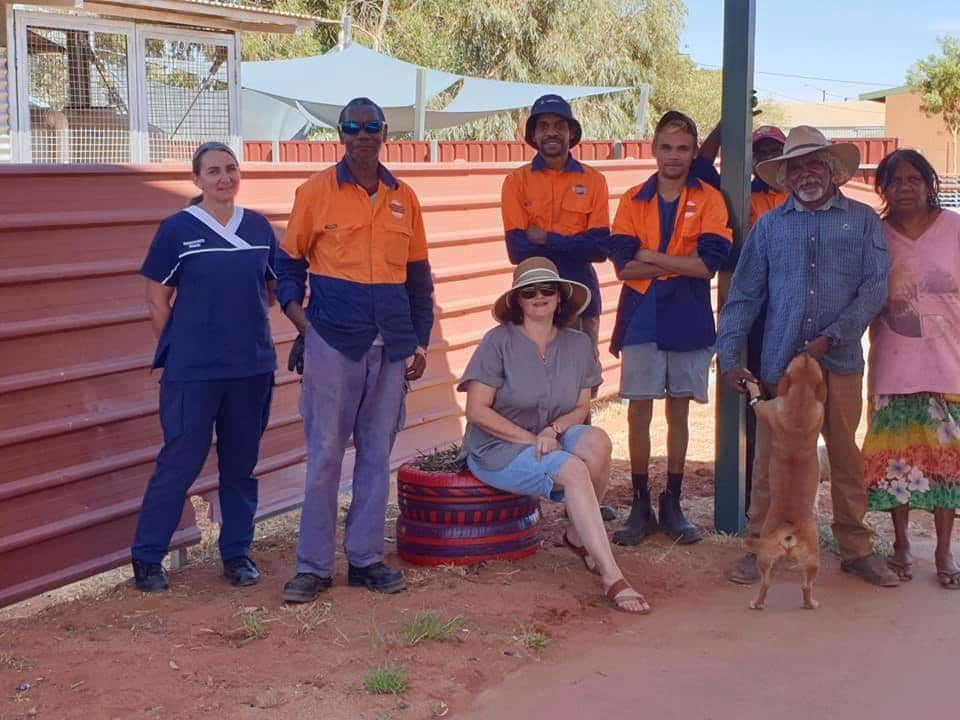

Source: Supplied by Tatiana Yashchuk
"Long way from home"
Before starting work in the Aboriginal communities, she attended a special workshop taught by Aboriginal teachers about communities' structures, how to start communication with different people and other important things about Aboriginal culture.
“They explained whom to contact first, what to ask, how to dress. You can’t walk around the village in a short skirt and a tight top - not because you attract the male population's attention, it's just indecent."
Every new community has its own language, and Ms Yashchuk says she always tries to learn at least a few words of greetings and some health vocabulary, which is helpful for her job as a healthcare worker.
“Usually, family members come with a patient to help with translation if they are elderly and can’t speak English very well. But sometimes, for example, you need to convince a small kid to take Panadol, you can find some words for that."
"When you say something in their native language, they love it very much, and are always happy to teach you something new."
Because of her Russian accent, patients often ask Ms Yashchuk about her background.
“Not everyone knows where Russia is. They think for a moment and say 'Oh, it’s a long way from home'.
She says working in Indigenous communities, she learns something new about the culture of Indigenous Peoples every day. She says that of all Aboriginal art, she likes dot painting the most.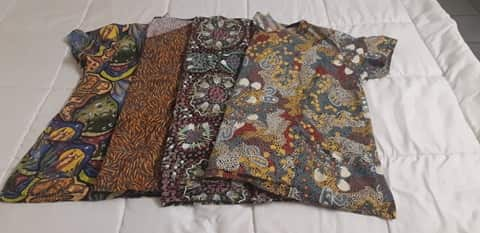 “I ordered the nursing tops with aboriginal patterns, four tops and four designs. My patients like seeing me in these tops, they smile and explain the meaning of these patterns to me.
“I ordered the nursing tops with aboriginal patterns, four tops and four designs. My patients like seeing me in these tops, they smile and explain the meaning of these patterns to me.

Source: Supplied by Tatiana Yashchuk
One might think that this life far away from any major city, without restaurants, cinemas, clubs and shopping centres, and with a very limited communication only with a few colleagues, can be very boring and difficult. But not for Ms Yashchuk.
“No way,” she exclaims. “We have such a friendly team; we arrange Sunday coffee to talk not about work, we hold dinners together. We have an amazing man from Singapore who used to be a chef - he cooks great meals for us. Besides, I am that person who is never bored with themselves."
And there are still many boxes on her wishlist yet to be ticked.
“I haven’t seen the Western Australian sunsets yet. I heard they are stunning, probably even better than sunrises in the Northern Territory.”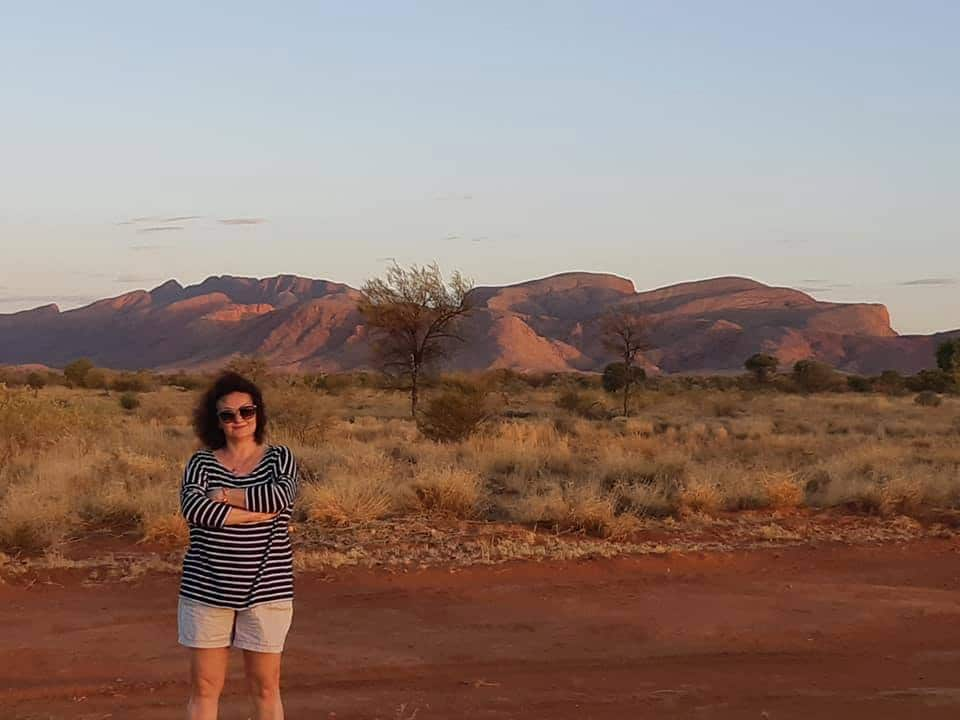 But some of her dreams have already come true, thanks to this job.
But some of her dreams have already come true, thanks to this job.

Source: Supplied by Tatiana Yashchuk
“Imagine that I woke up with the Uluru outside my window. It's just an incredible experience. And you have to see the landscapes here: a combination of earth colours in the desert - yellow, grey, green, purple with an amazingly bright blue sky without a single cloud. You have to be an artist at heart to describe this."
Share
